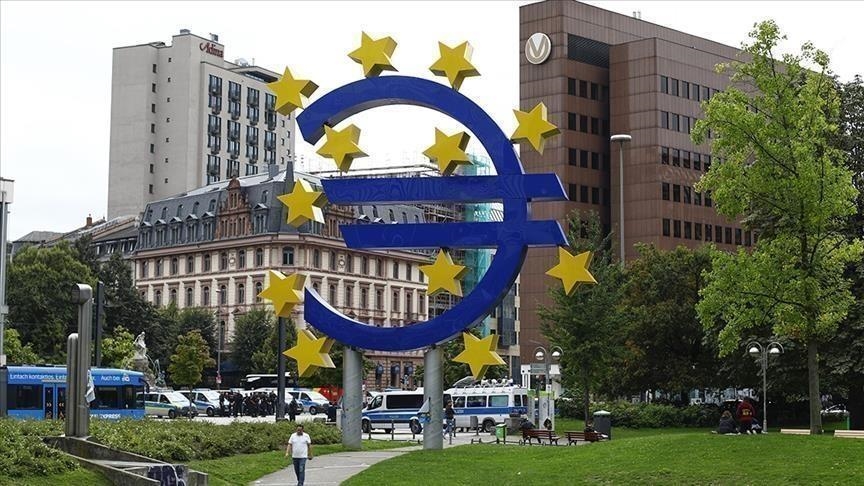Inflation in the Eurozone has dropped to its lowest level in almost two years, providing potential relief for the European Central Bank (ECB) and raising questions about the continuation of its rate-hiking cycle.
Inflation Figures and Forecasts
-
Official data from Eurostat reveals that consumer prices in the 20-nation Eurozone rose at an annual rate of 4.3 percent in September, down from 5.2 percent in August. This marks the lowest level of inflation since October 2021.
-
Analysts had anticipated a slower decline in inflation, with a consensus forecast of 4.5 percent for September, according to data firm FactSet. However, it’s important to note that inflation remains well above the ECB’s target of two percent.
Implications for ECB’s Rate-Hiking Cycle
-
The decline in inflation has raised hopes among investors that the ECB may reconsider its ongoing rate-hiking cycle. The central bank had been raising interest rates in response to elevated inflation, but this has had repercussions across the Eurozone economy.
- Core inflation, which excludes volatile elements like energy, food, alcohol, and tobacco prices, also decreased from 5.3 percent in August to 4.5 percent in September. Core inflation is a critical factor for the ECB’s policy decisions.
- Some economists, like Jack Allen-Reynolds from Capital Economics, suggest that the ECB may have completed its interest rate increases. However, they predict that rate cuts are unlikely until late 2024.
-
ECB Chief Christine Lagarde defended the rate hikes, stating that they were necessary to combat inflation, despite acknowledging the associated difficulties.
- Notably, European governments, including France, have voiced opposition to further rate hikes by the ECB.
Factors Influencing Inflation Trends
-
Inflation has been on a downward trajectory since reaching its peak at 10.6 percent in October 2022, primarily due to the economic repercussions of Russia’s war on Ukraine across Europe.
- Economists caution against expecting a rapid decline in inflation to reach the ECB’s target. Factors such as higher energy and wage costs could keep inflation elevated.
- Rising oil prices are a concern, with expectations that they may contribute to higher inflation at the beginning of the next year.
- However, energy prices in the Eurozone decreased in September, falling by 4.7 percent, following a 3.3 percent drop in the previous month.
- The increase in food and drink prices also slowed, with a rate of 8.8 percent in September compared to 9.7 percent in August, according to Eurostat.
-
The Netherlands was the only Eurozone country where consumer prices actually fell, dropping by 0.3 percent, according to Eurostat figures. Meanwhile, Germany saw a notable reduction in inflation from 6.4 percent in August to 4.3 percent in September, as per Eurostat data.
Find More International News Here




 Project HANUMAN Launched to Address Grow...
Project HANUMAN Launched to Address Grow...
 Jio Platforms Appoints Dan Bailey as Pre...
Jio Platforms Appoints Dan Bailey as Pre...
 Top 10 Most Popular Websites of 2026: Go...
Top 10 Most Popular Websites of 2026: Go...








